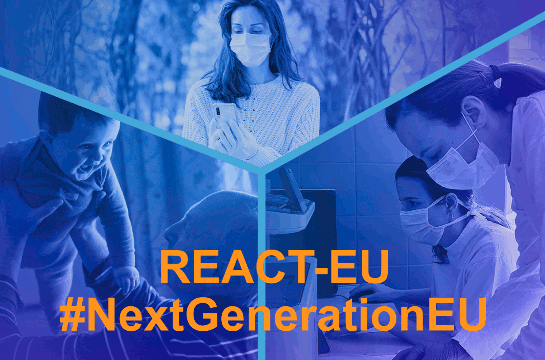The Commission has approved the modification of three European Regional Development Fund (ERDF) operational programmes (OPs) and one modification of the European Aid for the Most Deprived (FEAD) OP under REACT-EU.
- 01 June 2021

These Ops amendments will add a financial support of €225.8 million to help Croatia, France, Germany and Latvia tackle the effects of the coronavirus pandemic, lay the ground for a green and digital recovery and support the most vulnerable of our society.
In Croatia, €31.5 million of additional EU funds will help Small and Medium sized Enterprises (SMEs) in the most affected sectors and support R&D activities for new products and services.
In Martinique, €119 million will help the region move towards autonomy in the health sector by supporting the creation of the Caribbean Institute of Nuclear Imaging as well as new medical services such as a ‘Caribbean center for children in need’. The EU will also support the modernization of the ‘Louis Domergue hospital’ and contribute to the transition to a green economy by modernising the incineration plant located in Fort-de-France.
In Germany, the Thuringia OP amendment will get an additional €69.2 million to finance technical equipment, and prevention of coronavirus and other types of infections, as well as R&D investments with a focus on green and digital technologies.
Latvia will use an additional €6.12 million from the FEAD to deliver more food aid to people in need affected by the coronavirus crisis.
REACT-EU is part of NextGenerationEU and provides €50.6 billion additional funding (in current prices) over the course of 2021 and 2022 to Cohesion policy programmes. Measures focus on supporting labour market resilience, jobs, SMEs and low-income families, as well as setting future-proof foundations for the green and digital transitions and a sustainable socio-economic recovery.
